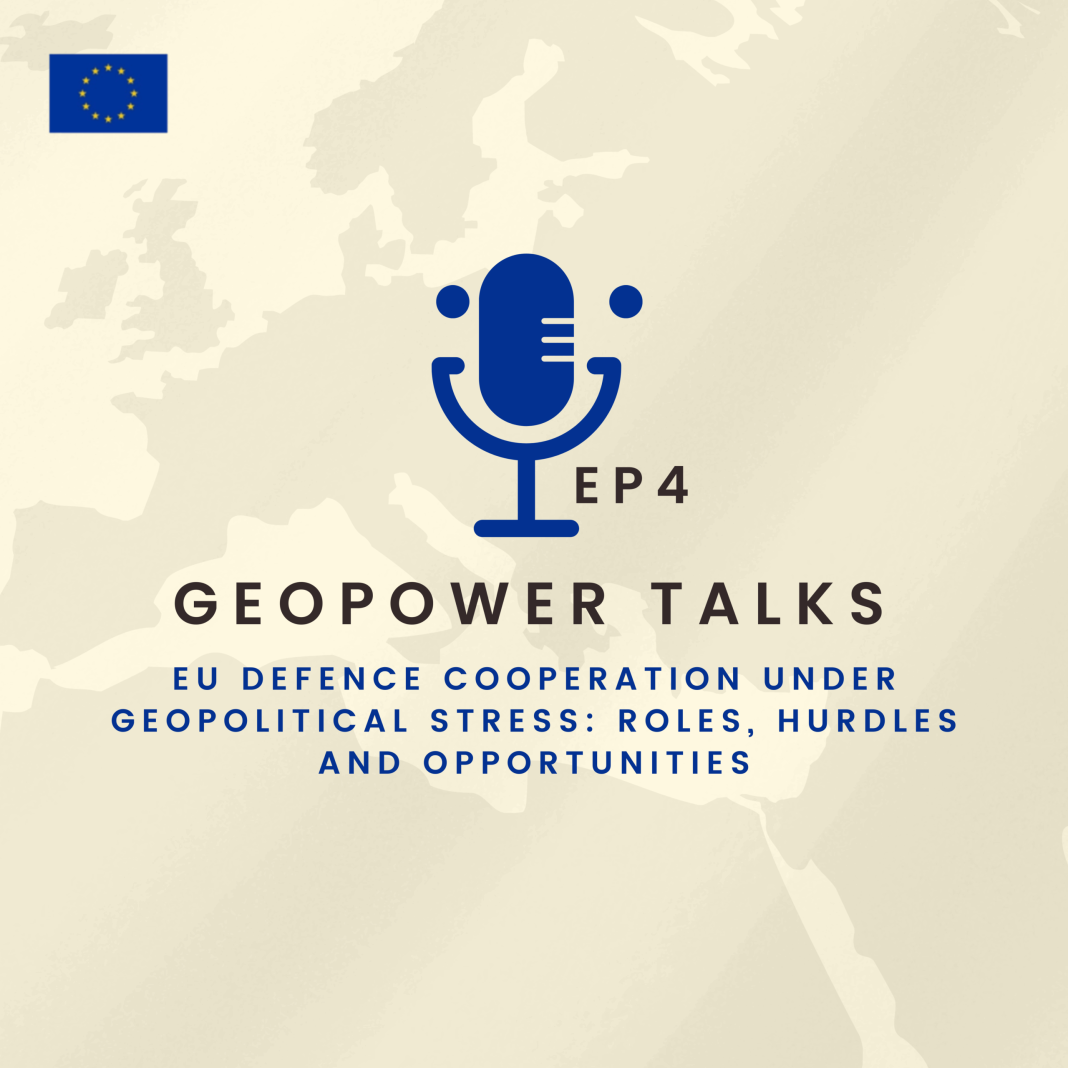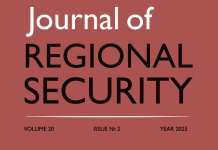GEO-POWER-EU focuses on strengthening the security dimension of the EU’s policies by producing evidence based up-to-date research output and policy recommendations. The project departs from the assumption that the enlargement and EaP policies have progressively reached a critical point, accentuated by the Russian war of aggression in Ukraine, which calls for major revisions in order to produce a well-informed strategy and additional reliable tools for policy making, such as scenarios, that can be used by policy makers. The goal of the project is improvement of the EU neighbourhood policy and accession process, thanks to a clear vision for the political agenda of the EU towards the EaP and the WB, based on a deep and nuanced analytical basis.
The fourth session of the GEO-POWER-EU Talks podcast, hosted by Samuel Doveri Vesterbye (Director of the European Neighbourhood Council), explores how shifting geopolitical realities are driving a fundamental rethinking of the EU’s defence strategy and security architecture. Drawing on insights from the newly published GEO-POWER-EU Deliverable “EU Defence Cooperation under Geopolitical Stress: roles, hurdles and opportunities,” the episode examines how the European Union is adapting its defence ambitions amid Russia’s war in Ukraine and uncertain U.S. engagement.
The discussion features contributions from Dr. Björn Fägersten (Senior Researcher at the Swedish Institute of International Affairs and co-author of the report) and Denis Verret (Vice-President of EuroDéfence-France), who together analyse how overlapping geopolitical shocks are transforming Europe’s role as a global security actor.
Among the key themes discussed are the EU’s efforts to strengthen joint procurement and industrial coordination, the question of whether this emerging defence integration complements or competes with NATO, and proposals to institutionalise defence policymaking through a dedicated Defence Ministers’ Council configuration. The speakers also consider whether Europe is witnessing a true strategic shift or merely catching up to longstanding realities, and how policymakers can balance short-term operational demands with long-term innovation in defence and technology.
Listen to the full episode here:






